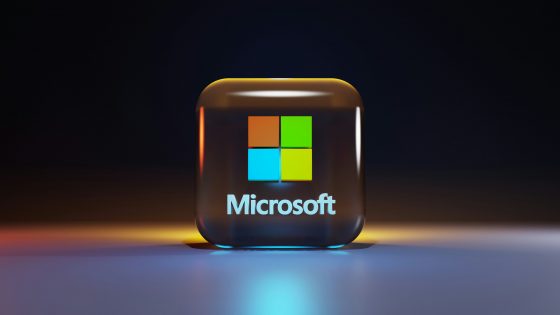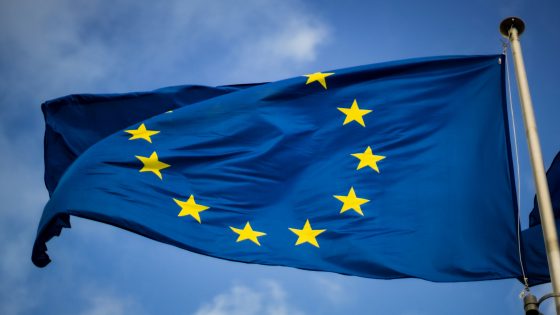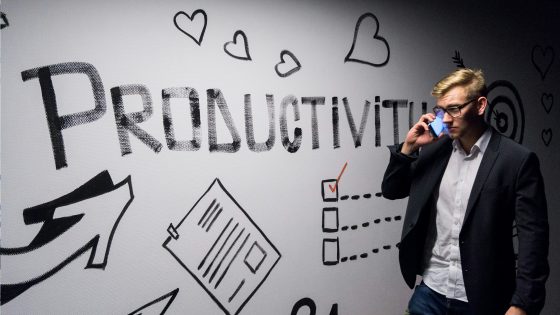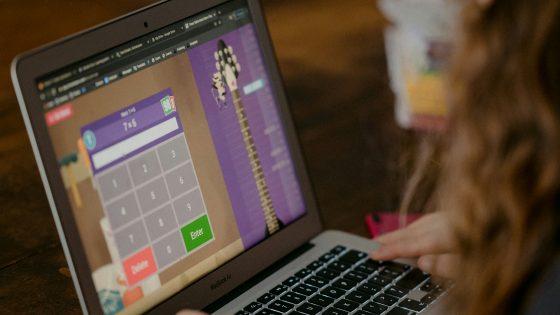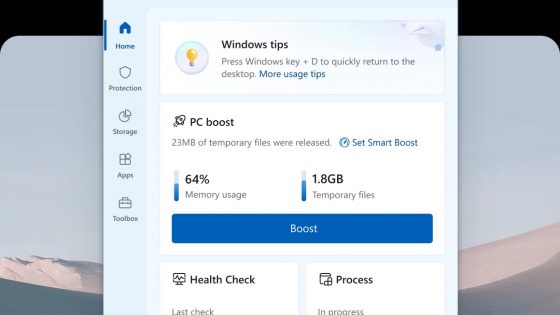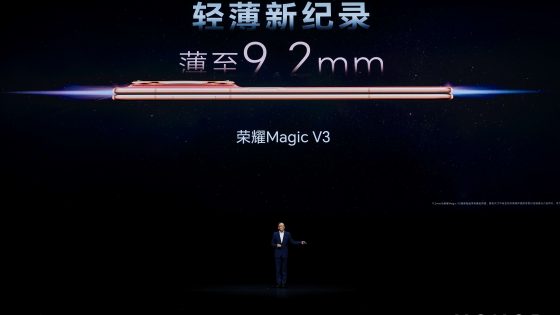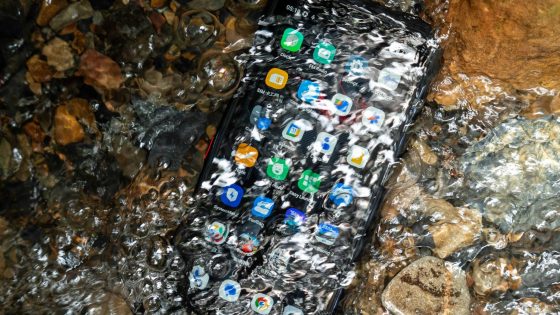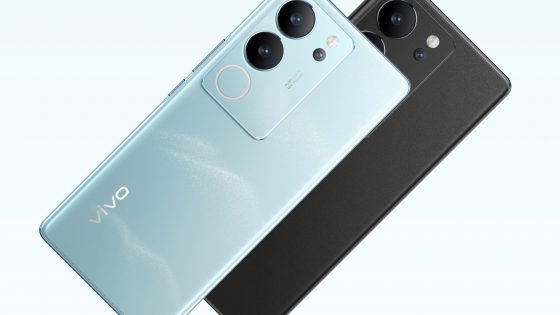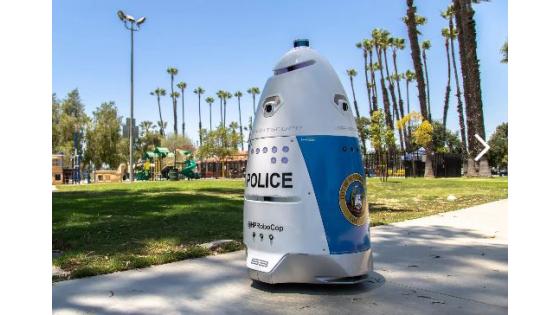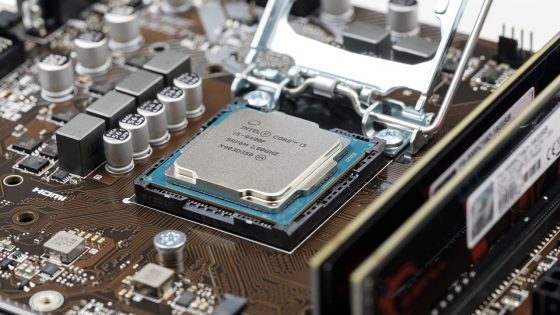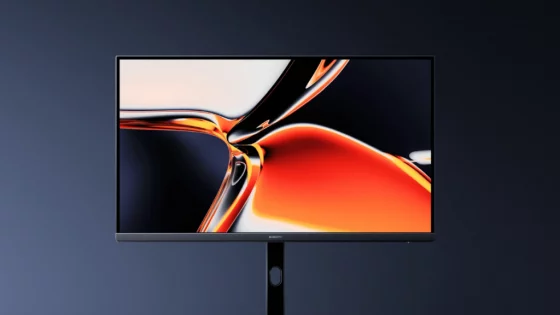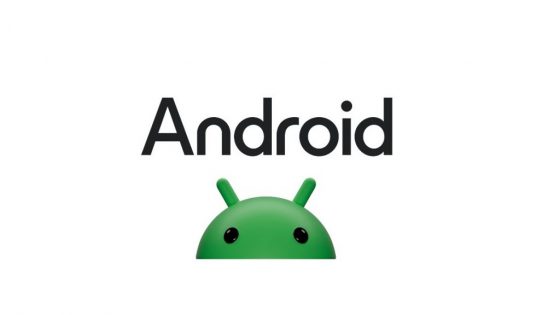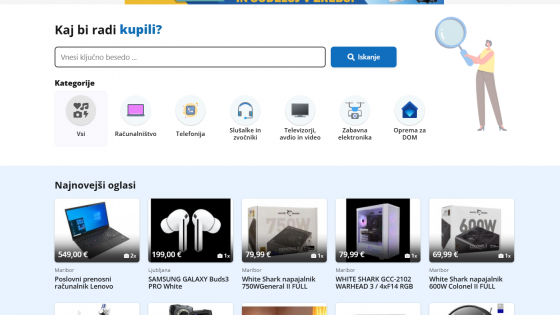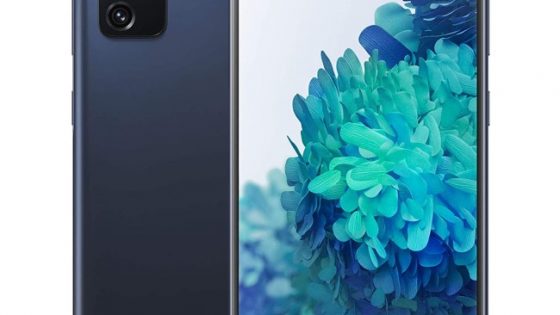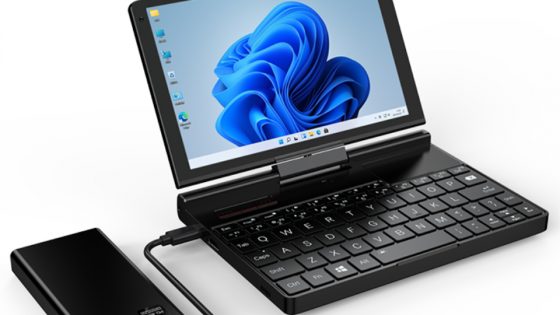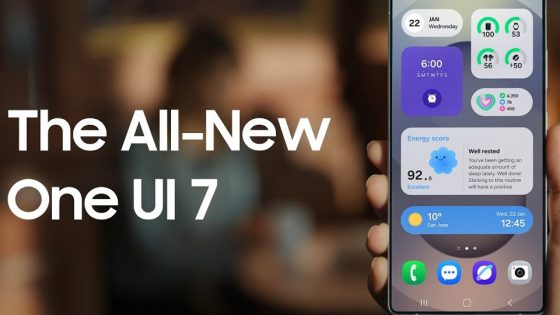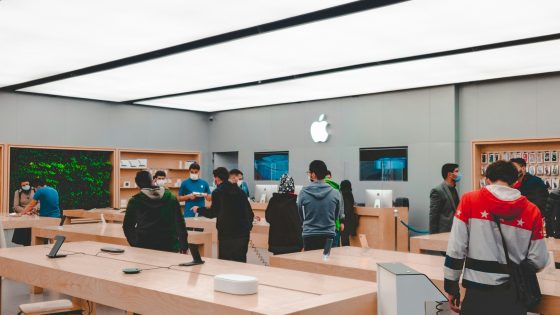ChatGPT is battling a host of imitators
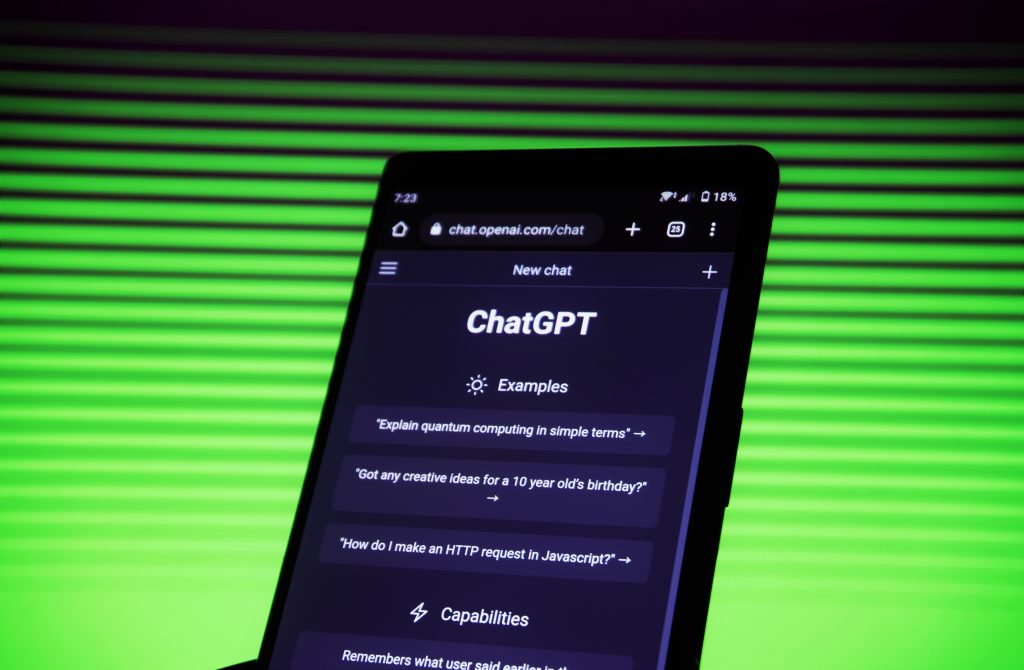
ChatGPT is finally in the Apple Store. Now it's battling a slew of imitators that claim to offer exactly what Open AI's artificially intelligent sensation offers.
When ChatGPT finally hit Apple's app store recently, we could have predicted that we would immediately find it at the top of the charts. Instead, while searching for an application from OpenAI, we come across an endless number of similar services with fake names such as ChatAI and AI ChatBot: GPT-4 Open Chat.
The problem seemed to be fixed soon, with ChatGPT – the “official OpenAI app” – appearing second on the store's listing, below an ad for ChatOn-AI Chat Bot Assistant powered by ChatGPT & GPT-4. We can still easily miss the real one among dozens of fakes.
Alternative ChatGPTs have similar logos and appear to be designed to trick customers into paying expensive subscriptions. When ElevenThirteen LLC's Chat AI (be careful not to confuse it with Koi Apps' ChatAI) was first unveiled to Bloomberg, the service advertised itself as "your personal Chat GPT assistant" and immediately asked users to sign up for a free trial , which will start charging $7 a week after three days. That's about $28 per month, more than OpenAI charges for ChatGPT Plus.
It is also worth noting that these applications are mostly not completely wrong. Many of them provide something similar to ChatGPT. Most also have access to language models like GPT-3 or -4 that developers can use to build unique AI software. They can also help bypass geo-restrictions in some countries where ChatGPT is prohibited. However, for customers who simply want to use ChatGPT on their iPhone, for which the app is now available, it would be hard to rationalize paying more for a "fake" non-purpose bot.
When asked if it was supposed to be an imitation, the Chat AI app replied: “I can assure you that I am not a derivative of ChatGPT.” She admitted that she drew her knowledge from the broad-language OpenAI model, but also that her developers “worked hard to create a unique and innovative AI assistant.” Other ElevenThirteen releases include apps dedicated to crypto art and crystal stone identification. A spokesperson for the developer said Chat AI has 1 million active monthly users and features optional AI roles, camera integration and pro tools.
This kind of approach is turning into big business. Some chatbots boast tens of thousands of app store ratings and probably just as many, if not more, downloads. They also often show ads.
Founder of AppNation Ltd. Yalçın Özdemir, creator of the Genie AI app, which is sold as “powered by OpenAI,” told Bloomberg that it has more than 3 million active users and generated $3.5 million in revenue in April alone. Özdemir said that Genie does not pretend to be OpenAI and "already surpasses" the original ChatGPT app "in features such as photo identification, file import and access to web links".
Like OpenAI, Google and Baidu Inc. first launched its chatbots as websites and not immediately as apps. They themselves say that they find it more expedient. The app store approval process can slow down development. Today there is an iPhone app called Bard, although Google doesn't offer it. Baidu sued Apple and some software developers for counterfeiting its Ernie robot.
With the real ChatGPT now available on the iPhone, it seems quite likely that the days of these imitators are numbered. At OpenAI, they were quite reluctant about them.
»These fake apps use similar logos and brand names to mislead users or take advantage of the reputation of the original ChatGPT,” said the chatbot himself. If you feel you are having issues with the availability or visibility of the official OpenAI ChatGPT app in the App Store, we suggest you contact Apple Support or the feedback channels.



